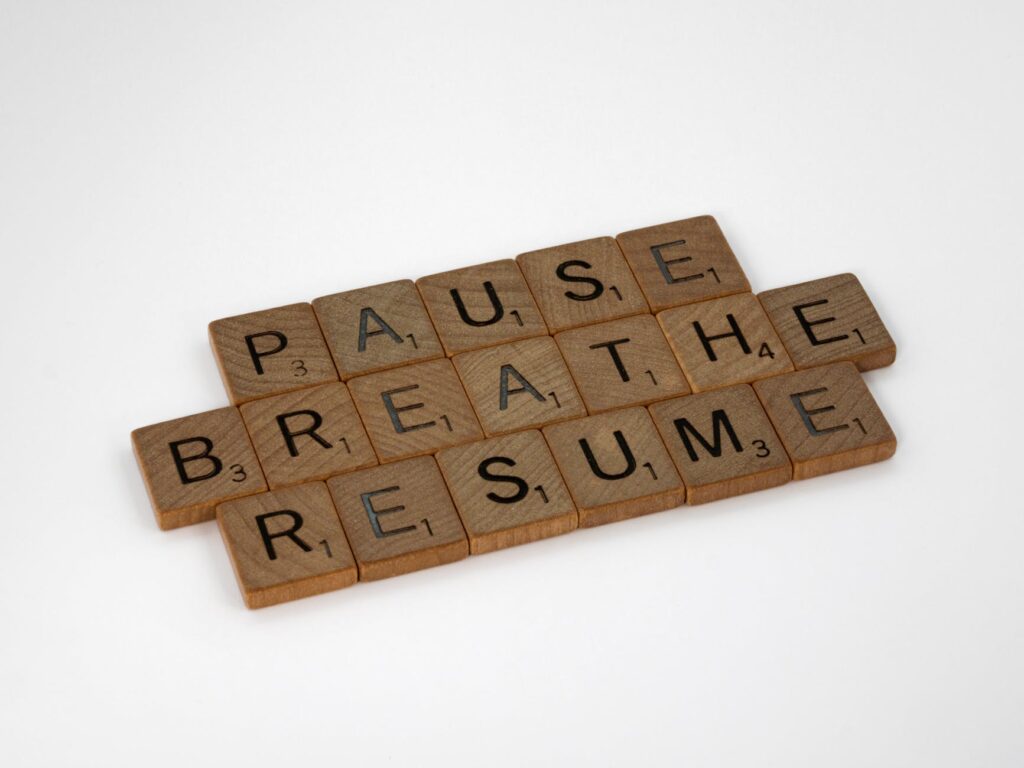What is cognitive rest?

What is cognitive rest?
In today’s fast-paced world, we’re often inundated with information and tasks that demand our attention. Amidst this chaos, the concept of cognitive rest emerges as a vital component for maintaining our mental well-being and enhancing productivity. Cognitive rest refers to the intentional breaks we take to allow our brains to recover from mental fatigue, ultimately improving our focus, creativity, and overall cognitive function. Understanding and implementing cognitive rest can lead to a more balanced, productive life.
Understanding Cognitive Rest
What is Cognitive Rest?
Cognitive rest is more than just a break; it’s a strategic pause designed to give your brain the time it needs to recharge. When we engage in intense mental activities, our brains use up resources and become fatigued. Cognitive rest involves stepping back from demanding tasks and allowing your brain to recover. This could mean taking a moment to breathe deeply, daydream, or even engage in light, enjoyable activities that don’t require intense focus.
Cognitive Rest vs. General Rest
While general rest often involves physical relaxation, such as sleeping or lying down, cognitive rest specifically targets mental recovery. Think of it this way: when you sleep, your body repairs itself, but when you step away from a challenging task, you give your brain a chance to process information and consolidate learning without the strain of active thinking. An article from Harvard Health highlights how cognitive rest allows the brain to make connections and retrieve memories effectively, fostering creativity and self-connection.
Benefits of Cognitive Rest
Improved Focus and Concentration
Cognitive rest can significantly enhance your ability to focus. When you provide your brain with the necessary downtime, you return to tasks with renewed energy and clearer thoughts. This means fewer distractions and a better grip on what you need to accomplish. As a result, your efficiency increases, allowing you to tackle complex problems with ease.
Enhanced Creativity and Problem Solving
Taking breaks isn’t just a way to relax; it can also unleash your creative potential. When you step back from a task, your brain begins to work in the background, connecting ideas and fostering new insights. Engaging in activities that promote cognitive rest can lead to “aha” moments that you might miss while intensely focused. Research shows that stepping away can enhance creative thinking—so don’t hesitate to take that walk or indulge in a hobby that sparks joy!
Stress Reduction and Mental Clarity
Cognitive rest plays a significant role in managing stress. Continuous mental strain can lead to burnout and anxiety. By incorporating rest into your day, you allow your brain to clear away clutter, reducing feelings of overwhelm. This mental clarity can help you make better decisions and think more critically about challenges you face.
Practical Techniques for Implementing Cognitive Rest
Scheduled Breaks and Downtime
One effective way to incorporate cognitive rest into your routine is by scheduling regular breaks. You might set a timer to remind yourself to take a five-minute pause every hour. During this time, step away from your desk, stretch, or engage in a brief activity that doesn’t require heavy mental lifting. Even a few minutes of downtime can refresh your mind and improve your productivity.
Mindfulness and Meditation Practices
Mindfulness and meditation are excellent tools for achieving cognitive rest. These practices encourage you to focus on the present moment, helping you to disengage from stressors and recharge your mental batteries. Even just a few minutes of deep breathing can help calm your mind and bring clarity to your thoughts. Explore various techniques that resonate with you and integrate them into your daily routine.
Digital Detox Strategies
In our digital age, constant connectivity can lead to mental overstimulation. Implementing digital detox strategies can help you reclaim cognitive rest. Consider setting specific times to disconnect from screens, whether through designated no-phone zones in your home or scheduled breaks from social media. This not only reduces mental fatigue but also encourages deeper, more meaningful engagements with your surroundings.
Recognizing When You Need Cognitive Rest
Signs of Cognitive Overload
It’s essential to be aware of the signs that suggest you might need cognitive rest. Common indicators include difficulty concentrating, feeling overwhelmed by tasks, increased irritability, and diminished problem-solving abilities. If you find yourself struggling with these symptoms, it might be time to step back and give your mind the rest it craves.
Personal Reflection and Assessment
Regularly assessing your mental state can help you identify when cognitive rest is necessary. Take a moment to reflect on how you’re feeling. Are you fatigued? Do you feel your brain is working overtime? By monitoring your mental well-being, you can make informed decisions about when to incorporate rest into your day.
Conclusion
Cognitive rest is crucial for enhancing productivity and maintaining mental well-being. By understanding its importance and actively seeking opportunities for cognitive breaks, you can foster a healthier relationship with your work and creativity. Remember, it’s not just about working harder; it’s about working smarter. Embrace cognitive rest to unlock your full potential and lead a balanced, fulfilling life.

Photo by Brett Jordan